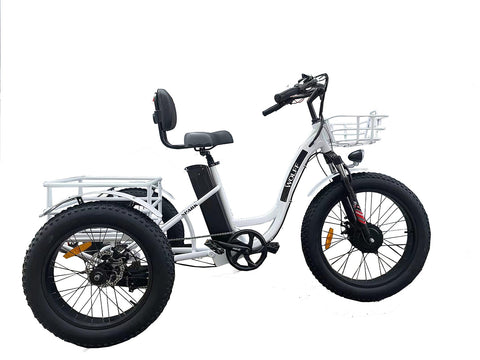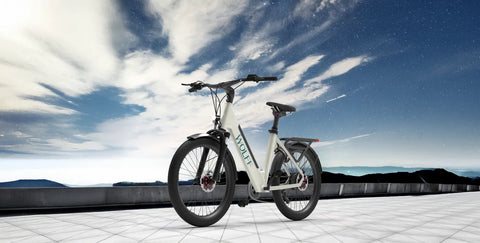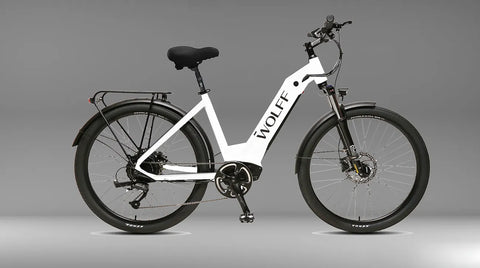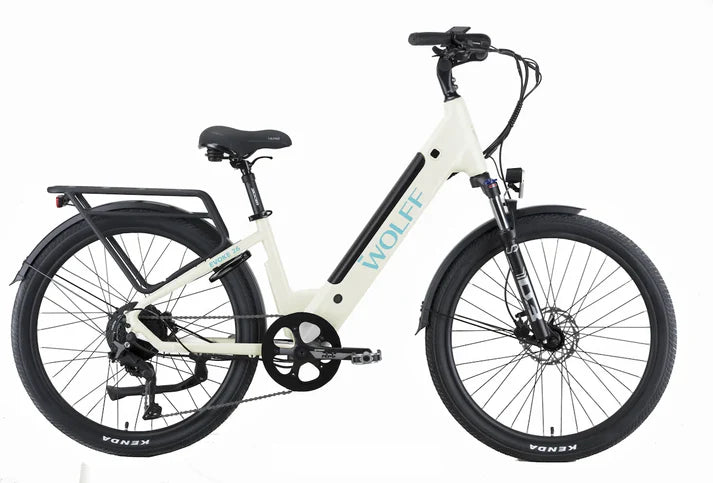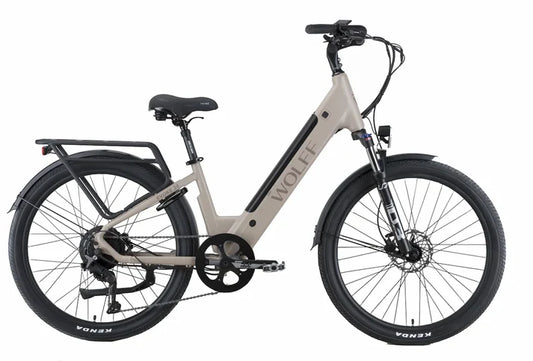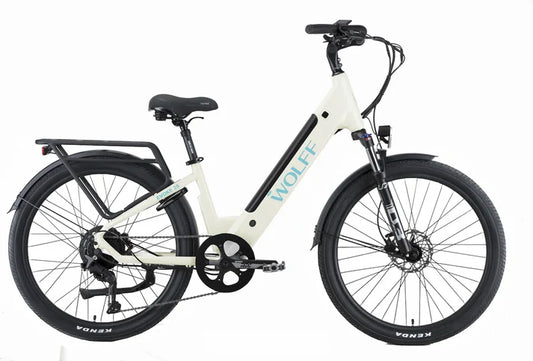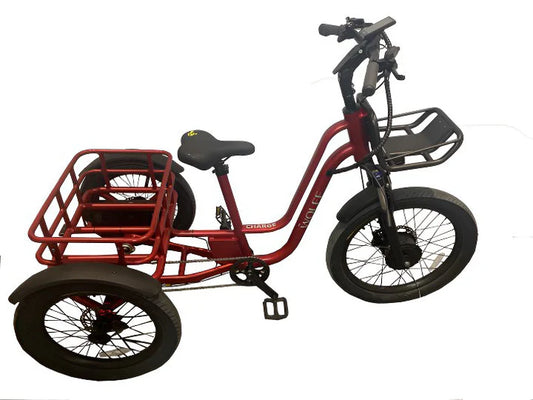What Is the Ecological Footprint of Manufacturing an Electric Bike?
Electric bikes have gained popularity in recent years as a sustainable mode of transportation. They are praised for being environmentally friendly and cost-effective. However, it is important to consider the ecological footprint associated with manufacturing electric bikes. Understanding the environmental impact of producing these eco-friendly vehicles is crucial in making informed decisions about our transportation choices.
Environmental Impact of Manufacturing Electric Bikes
The manufacturing process of electric bikes involves the extraction of raw materials, such as lithium for batteries, the production of components, and the assembly of the bike. These processes contribute to carbon emissions and resource depletion, which impact the environment. Here are some key points to consider:
- Raw Material Extraction: The mining of lithium, which is a key component of electric bike batteries, has been linked to deforestation, water pollution, and soil degradation.
- Energy Consumption: The production of electric bike components requires energy, leading to carbon emissions and air pollution. Utilizing renewable energy sources can help mitigate this impact.
- Waste Generation: The manufacturing process generates waste, including electronic waste from old components and packaging materials. Proper disposal and recycling are essential to reduce the environmental impact.
- Transportation: The transportation of raw materials and components to manufacturing facilities and the distribution of electric bikes to consumers contribute to carbon emissions. Sustainable transportation methods can help reduce this impact.
By considering these factors, consumers can make more informed decisions when choosing an electric bike and encourage manufacturers to adopt sustainable practices in their production processes.
Tips for Reducing the Ecological Footprint of Electric Bikes
While the manufacturing process of electric bikes has an ecological footprint, there are steps that can be taken to reduce the environmental impact:
- Choose a reputable brand that values sustainability and transparency in its production process.
- Opt for electric bikes with removable and easily recyclable batteries to reduce electronic waste.
- Consider the longevity of the electric bike and its components to minimize the need for frequent replacements.
- Support initiatives that promote sustainable transportation and advocate for eco-friendly manufacturing practices in the electric bike industry.
By being mindful of the ecological footprint of manufacturing electric bikes and making conscious choices, we can contribute to a greener and more sustainable future. Together, we can reduce the environmental impact of our transportation choices and work towards a healthier planet.

